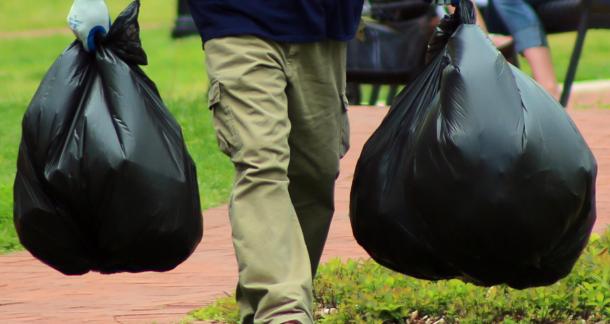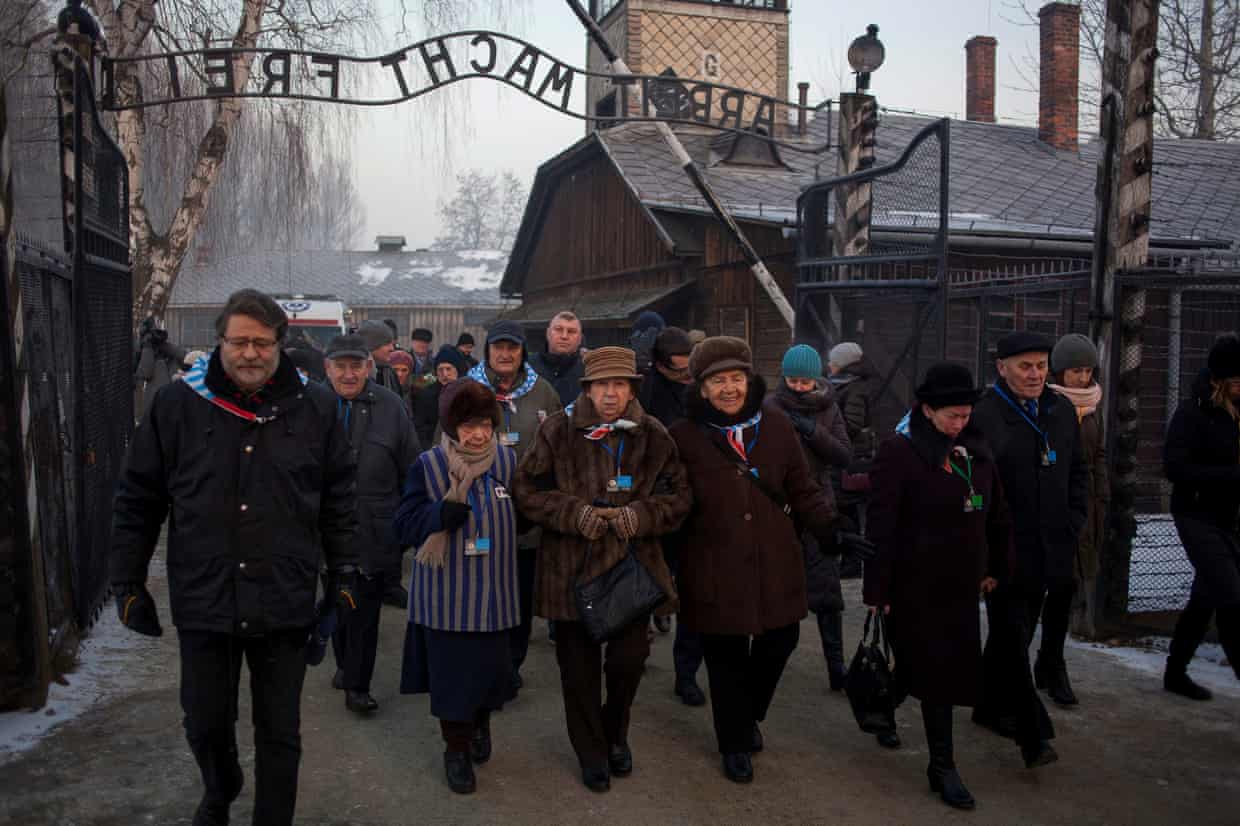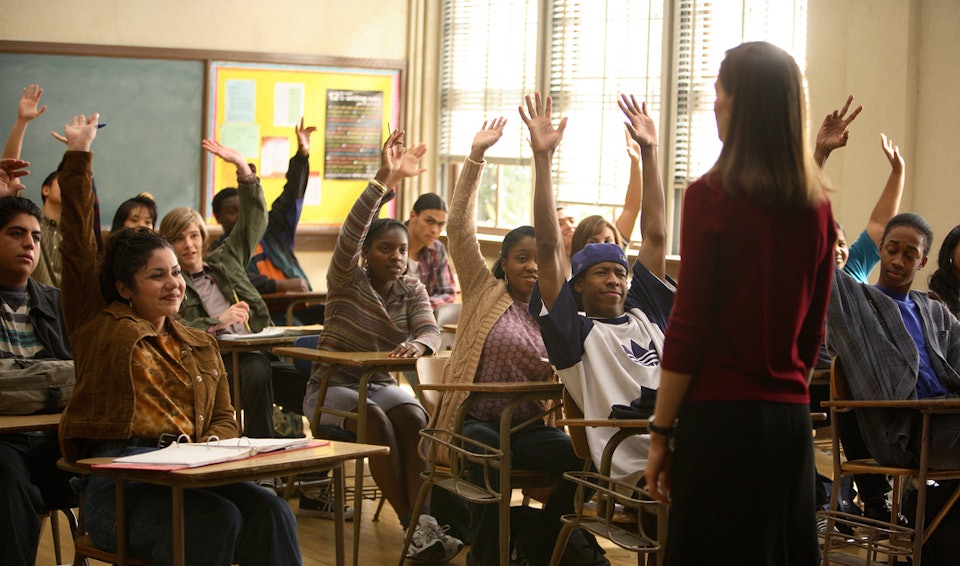Fake news | Google | Information retrieval
by Wayne RashNEWS ANALYSIS: Google says it will downgrade the search rank of websites that show a clear pattern of distributing fake news, hate speech or deliberately misleading information.
By now you’re familiar with the problem of fake news. Some sites, claiming to provide news actually work with an agenda to present stories that spread their point of view, regardless of any connection with the facts.
The issue of fake news or what used to be known as political propaganda, came to the forefront during the presidential campaign in 2016, when it appears that the Russian government was working to help create and spread fake news in an effort to derail the campaign of Hillary Clinton.
Such efforts are continuing in Europe during current elections in Germany and France and again the Russian government is suspected to be backing those efforts. But fake news isn’t just the purview of the Russians. A number of right-wing and “alt-right” groups are also hard at work doing the same thing. Read more...









